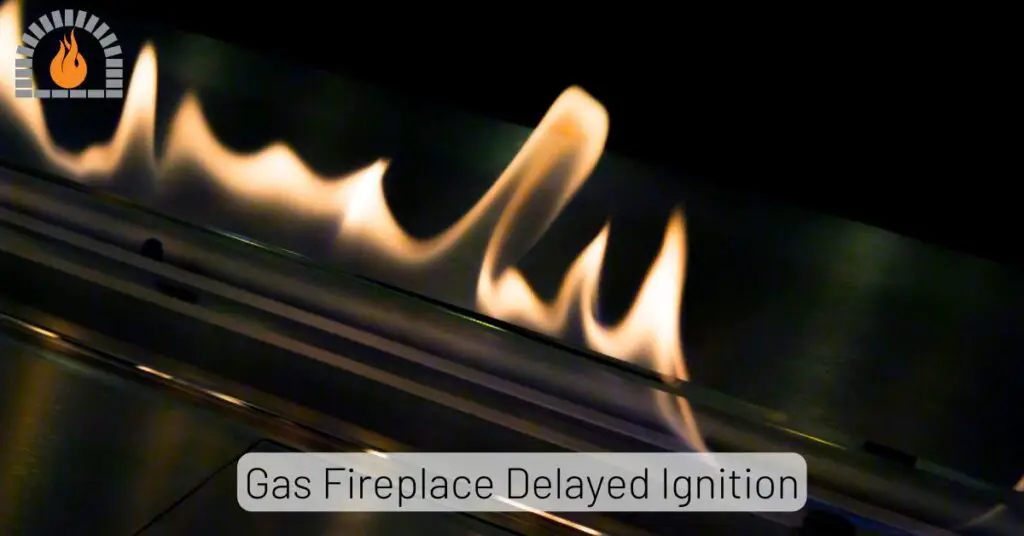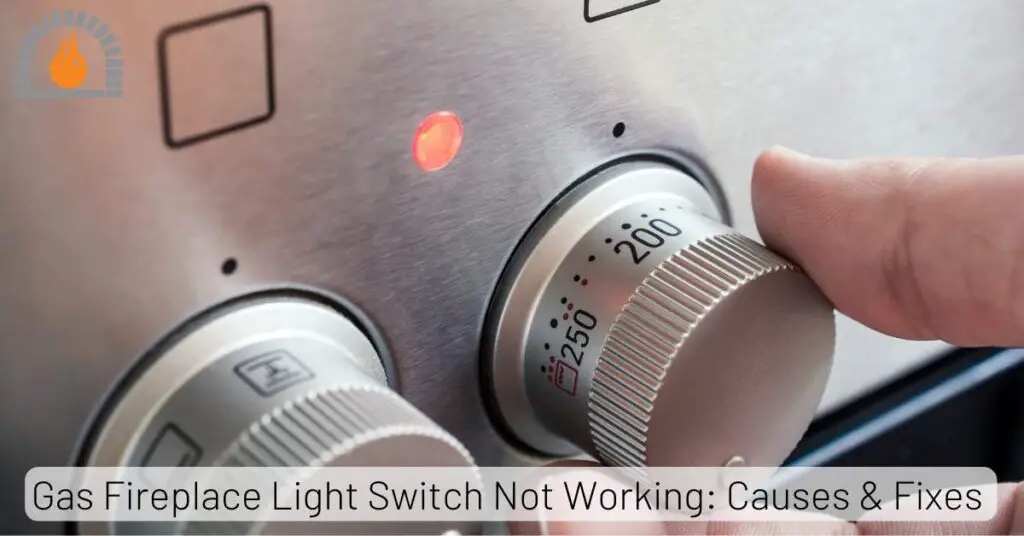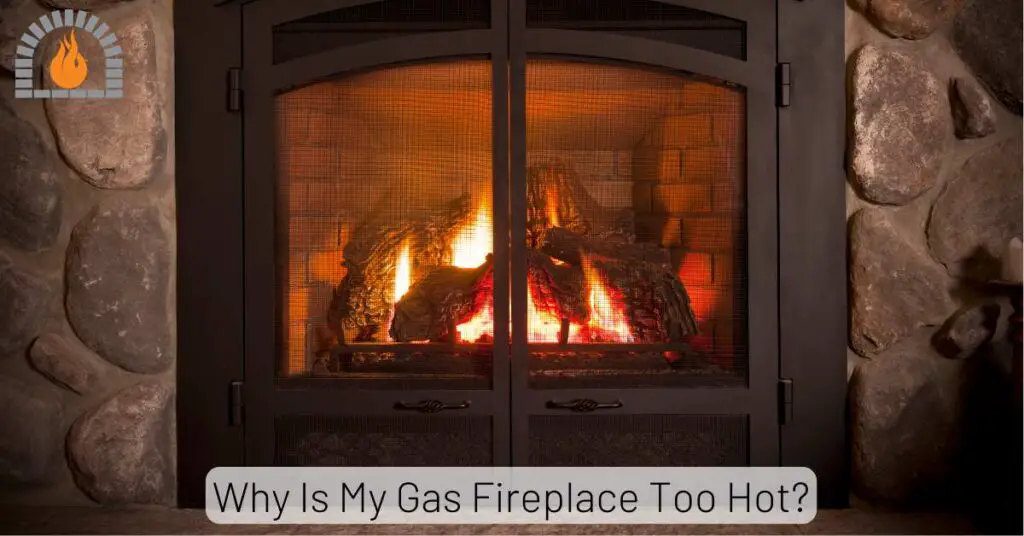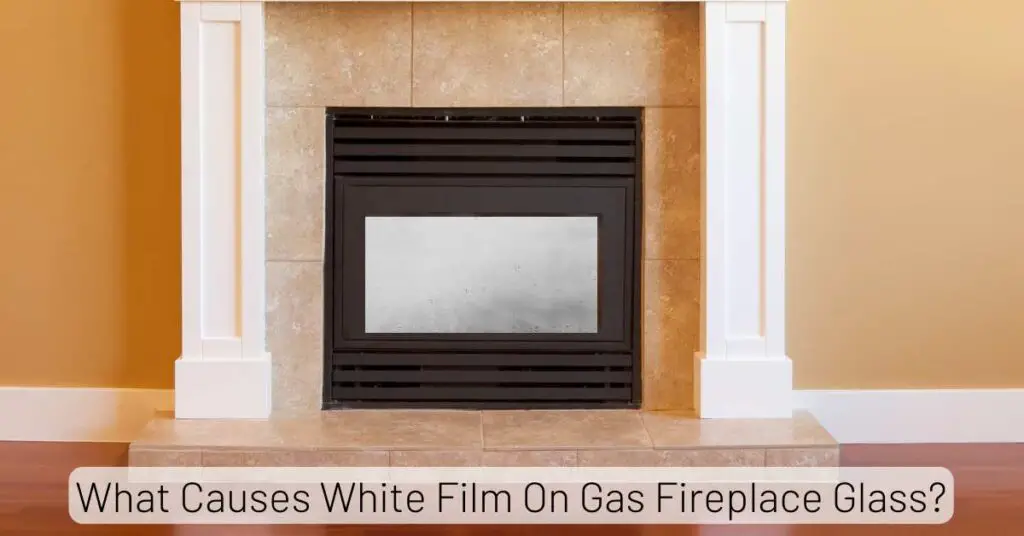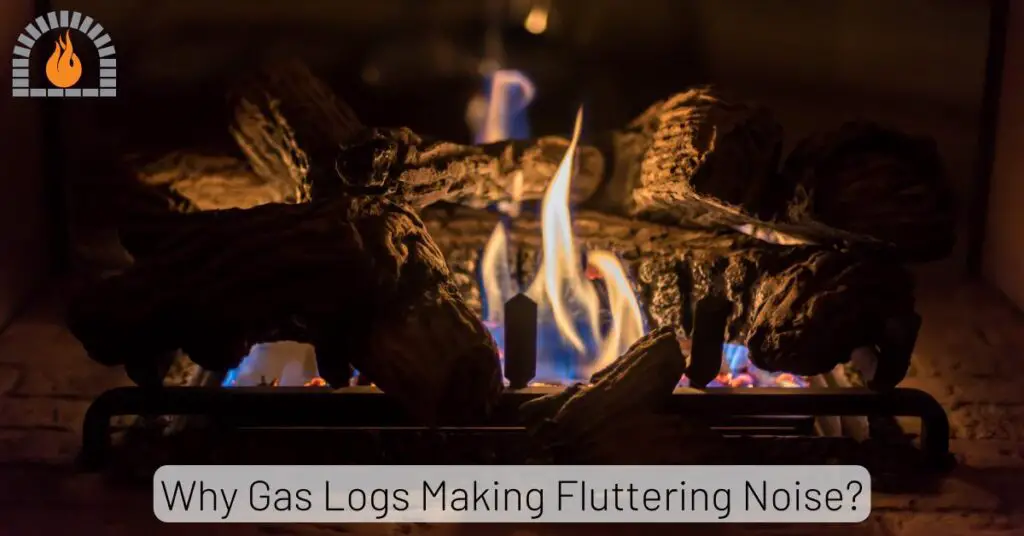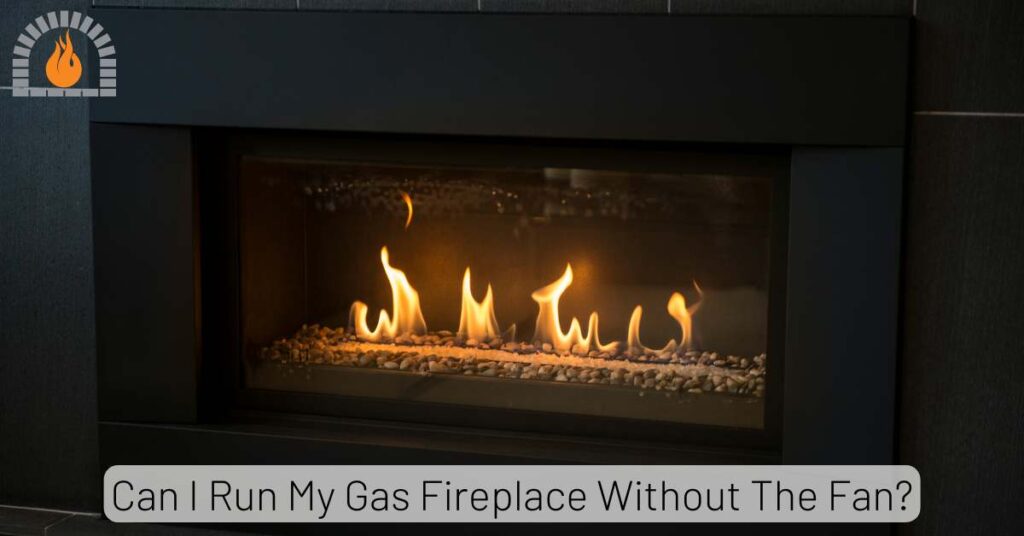When it comes to gas fireplaces, one of the decisions homeowners often face is whether to opt for a fireplace with a blower or without one. Both options have advantages and considerations; choosing the right one can greatly impact your heating efficiency and overall comfort.
Many people so adamant that they need a fireplace having blower without knowing about the essential requirements for choosing a right gas fireplace.
Currently in the market there are two different types of gas fireplace available in the market. The biggest component that difference between these two are the front class used.
Older gas fireplaces, particularly those from the 80s and 90s, utilize tempered glass, which limits heat transfer and thus requires a blower to enhance heat flow. In contrast, newer model fireplaces are equipped with ceramic glass units that enable a significant amount of heat to pass through, eliminating the need for a blower.
Gas Fireplace Blower Vs No Blower
Gas Fireplace With Blower
- Increased Heat Output
- Improved Energy Efficiency
- Faster Heat Distribution
Gas Fireplace With No Blower
- Silent Operation
- Lower Maintenance
- Lower Upfront Cost
Is a Blower Necessary for a Gas Fireplace?
If you own an older gas fireplace featuring a tempered glass front, utilizing a blower to improve heat efficiency may be beneficial.
Conversely, if you have a new model fireplace equipped with a ceramic glass front, the use of a blower is unnecessary due to the ceramic glass’s inherent capacity to radiate sufficient heat.
Gas Fireplace Blower Vs No Blower: Comparison Guide
Gas Fireplace with Blower
A gas fireplace with a blower, also known as a fan or an air circulation system, enhances the heat distribution and efficiency of the fireplace.
The blower is typically installed at the back or bottom of the fireplace and works by drawing in cool air from the room, passing it over the heated surfaces, and then circulating the warm air back into the room.
This process helps distribute the heat more evenly, allowing you to enjoy a cozy and comfortable environment.
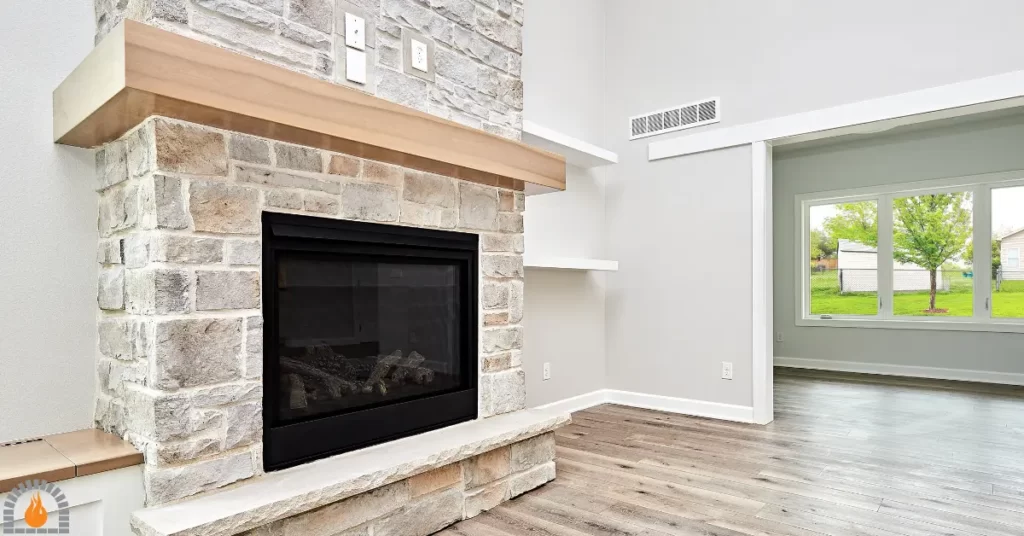
Pros of a Gas Fireplace with Blower
Increased Heat Output
The primary advantage of a gas fireplace with a blower is the significant increase in heat output. The blower helps to push the warm air into the room, maximizing the heating potential of the fireplace.
This can be especially beneficial in larger rooms or open floor plans where heat distribution can be challenging.
Improved Energy Efficiency
By circulating the heated air, a blower helps to prevent heat loss and ensure that the warmth generated by the fireplace is effectively utilized.
Help in lower energy consumption and reduced heating costs, as the blower helps optimize the gas fireplace’s efficiency.
Faster Heat Distribution
Another advantage of a gas fireplace with a blower is the quick and efficient heat distribution. The blower expedites warming up the room, allowing you to feel the heat sooner after starting the fireplace.
This can be particularly advantageous when you want to warm up your living space promptly during cold winter nights.
Cons of a Gas Fireplace with Blower
Noise
Gas fireplaces with blowers can produce noticeable noise when the blower operates. The sound of the blower motor can be distracting or disruptive, especially in quiet environments or when you’re trying to enjoy a peaceful atmosphere.
Limited control over heat distribution
While the blower helps to distribute heat, it may not offer precise control over where the heat is directed. This can result in certain areas of the room being warmer than others.
It may be challenging to achieve uniform heating throughout the space.
Additional energy consumption
The blower in a gas fireplace requires electricity to function. This means that using the blower adds to your overall energy consumption.
If you’re looking for a more energy-efficient option, the additional electricity usage may be a drawback.
Maintenance requirement
Gas fireplaces with blowers have more components than those without. This means more parts require maintenance and potential repairs.
Regular cleaning, lubrication, and motor checks are necessary to keep the blower functioning optimally.
Dependence on electricity
Gas fireplaces with blowers use electricity to power the blower motor. If there’s a power outage, the blower won’t function, which can limit the heat distribution capabilities of the fireplace.
It’s important to have backup heating options available in case of power disruptions.
Aesthetics and design limitations
Gas fireplaces with blowers often have larger, more visible vents and grills to accommodate the blower system.
This can affect the overall aesthetics of the fireplace, making it less visually appealing compared to a sleeker, simpler gas fireplace design.
Gas Fireplace Without Blower
On the other hand, a gas fireplace without a blower operates solely based on natural convection. In this case, the heat generated by the burning gas rises naturally and spreads throughout the room through thermal radiation.
While it may not have the added assistance of a blower, a gas fireplace without a blower still offers its benefits.
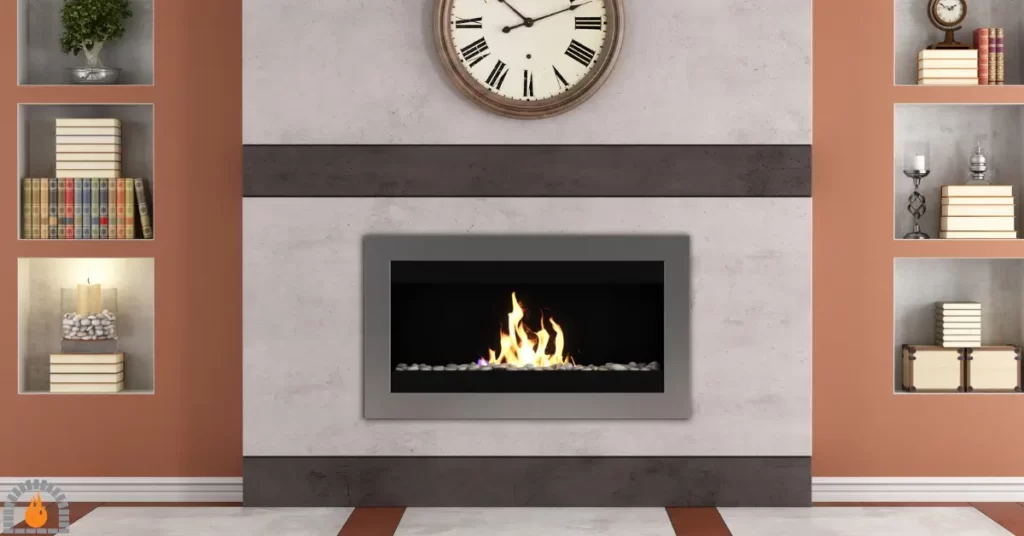
Pros of Blower Less Gas Fireplace
Silent Operation
One of the notable advantages of a gas fireplace without a blower is the absence of noise.
Since no moving parts or fans are involved, the fireplace operation remains quiet, allowing you to enjoy the soothing crackle of the fire without any additional sound distractions.
Lower Maintenance
Without a blower, a gas fireplace becomes simpler in terms of maintenance. You won’t have to worry about cleaning or maintaining the blower mechanism, which can save you time and effort in the long run.
The absence of a blower reduces the chances of mechanical failures or malfunctions associated with fan systems.
Cons of Gas Fireplace without Blower
Limited Heat Distribution (If Tempered Glass Front)
In the absence of a blower, the heat generated by a gas fireplace may not be evenly distributed throughout the room, especially if the front of the fireplace is made of tempered glass.
This can lead to warmer areas closer to the fireplace, while those farther away may not receive as much warmth.
Fortunately, newer models of gas fireplaces come equipped with ceramic glass units that allow a significant amount of heat to pass through without requiring a blower. This ensures a more balanced distribution of warmth throughout the room.
Longer Heat-up Time
Gas fireplaces without blowers may take longer to heat a room than those with blowers.
The absence of a blower means that the warm air relies on natural convection, which can be slower in distributing heat.
Limited Air Circulation
The absence of a blower can result in reduced air circulation within the room. This can lead to stagnant air pockets, resulting in less comfort, especially in larger spaces.
Read More:
FAQ
Does a fireplace blower make a difference?
Yes, a fireplace blower can make a significant difference. It helps to distribute the heat generated by the fireplace more effectively throughout the room, increasing the overall efficiency and warmth provided by the fireplace.
How long does a fireplace blower last?
The lifespan of a fireplace blower can vary depending on the quality of the blower, frequency of use, and maintenance. A well-maintained fireplace blower can last around 5 to 10 years.
However, it’s always recommended to refer to the manufacturer’s guidelines for specific information regarding the lifespan of a particular blower.
Are gas fireplaces loud?
No, gas fireplaces are generally not loud. They tend to operate quietly and produce minimal noise. However, older or poorly maintained gas fireplaces may develop noise issues, such as rattling or hissing sounds.
Regular maintenance and timely repairs ensure the quiet operation of gas fireplaces.
My Final Thoughts
Gas Fireplace Blower Vs No Blower.
When choosing between a gas fireplace with a blower or without one, no definitive answer suits everyone. It ultimately concerns your needs, room size, preferences, and budget.
A gas fireplace with a blower offers increased heat output, improved energy efficiency, and faster heat distribution. On the other hand, a gas fireplace without a blower provides a silent operation, lower maintenance requirements, and a more budget-friendly option.
Consulting with a professional fireplace installer can also provide valuable insights tailored to your unique circumstances.
Whether you choose a gas fireplace with a blower or without one, both options offer the cozy warmth and ambiance that gas fireplaces are known for.
Affiliate Disclosure: Fireplaceadviser.com is a participant in the Amazon Services LLC Associates Program. We may earn a commission when you click on certain links on this site and purchase.

Hello!! I am Jamal Khan. I often fix my home electric heaters and gas stove problems and research the common issues in the heating units to improve my knowledge and expertise. The aim of establishing fireplaceadviser.com is to share my expertise and knowledge with my audience.






